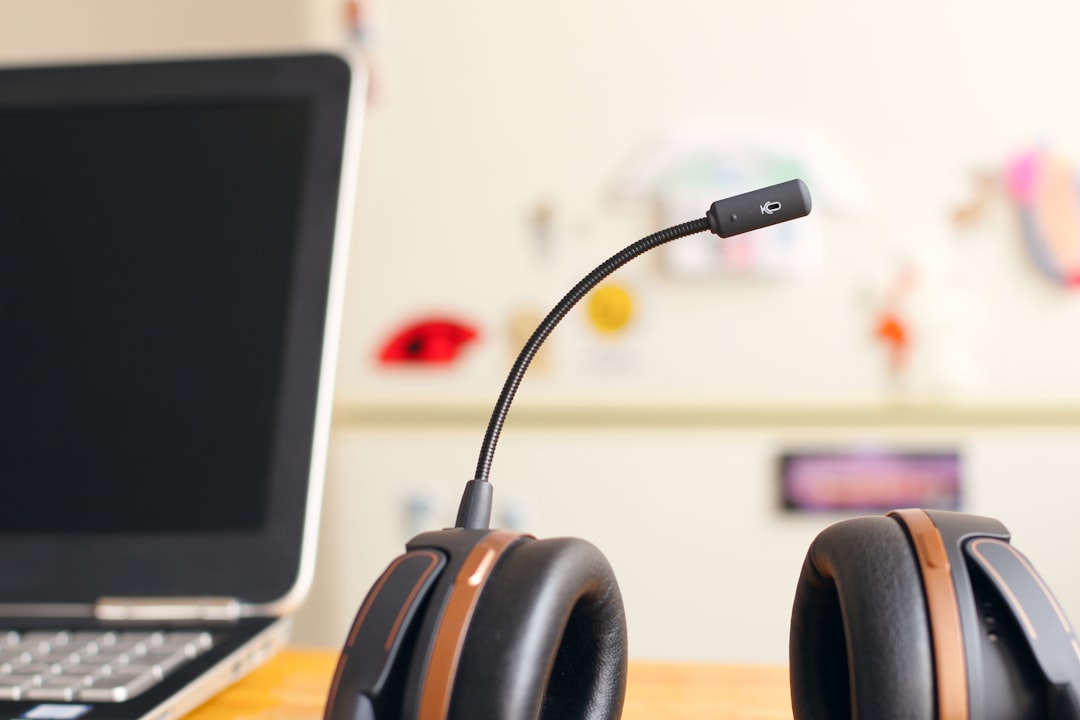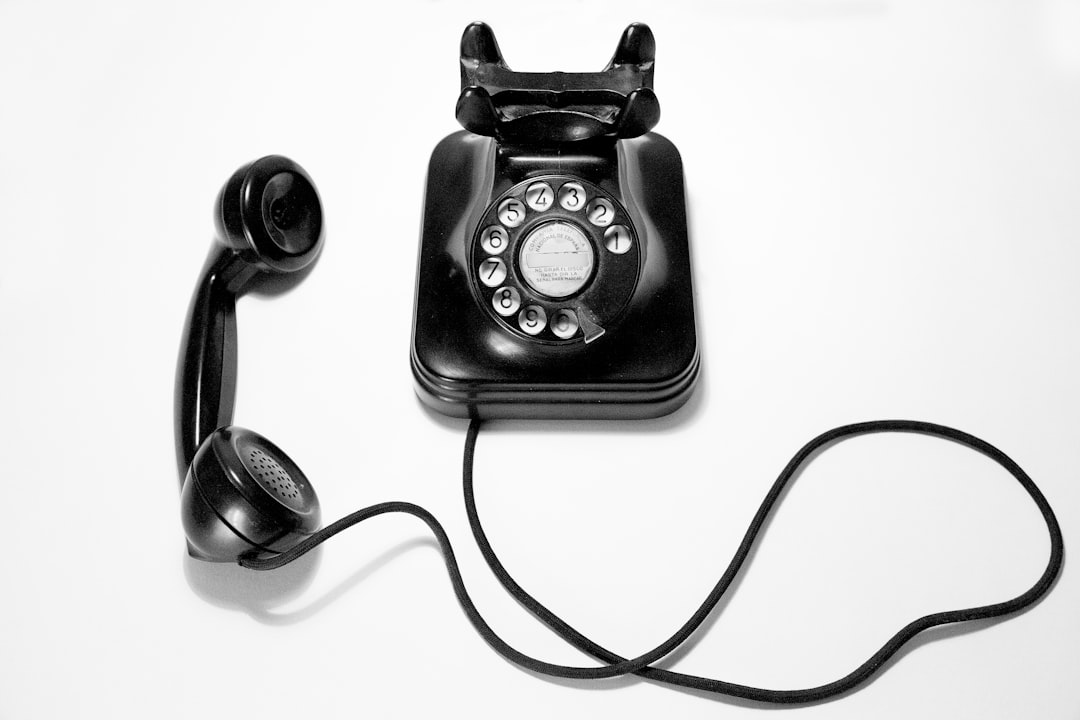Navigating Iowa's legal landscape regarding debt collection is crucial for fairness between debtors and creditors. The state has laws protecting consumers from unfair practices, ensuring debtors can verify debt validity and receive accurate information. Debt collectors must provide written notice detailing the debt, while individuals can dispute it within 30 days and file in small claims court if unresolved. Understanding this process, from assessing situations to presenting evidence in court, empowers individuals to protect their rights and challenge unfair collection practices under Iowa's debt collector laws.
“In Iowa, navigating debt collection disputes can be complex, but understanding your rights under the state’s debt collection laws is crucial. This article serves as a comprehensive guide for those facing debt-related legal issues. We’ll walk you through the process of challenging debt collectors in court, ensuring your protections are well-utilized. From recognizing fraudulent practices to knowing what to expect during a trial, this step-by-step approach empowers you to navigate Iowa’s court system effectively.”
Understanding Debt Collection Laws in Iowa: Your Rights and Protections

Navigating Iowa’s legal landscape regarding debt collection is crucial for both debtors and creditors. The state has specific laws in place to protect consumers from unfair practices, ensuring a balanced approach to debt recovery. Understanding your rights under these regulations is essential when dealing with debt collectors. Iowa law prohibits abusive or misleading tactics, such as threatening language or false statements about the consumer’s debt.
Debtors are entitled to verify the validity of the debt and receive accurate information about it. Debt collectors must provide written notice detailing the amount owed, the name of the original creditor, and a description of the debt. This process empowers individuals to challenge any errors and ensure they are being charged fairly, offering a level of protection against inaccurate or excessive collection efforts.
Navigating the Iowa Court System for Debt Disputes: Step-by-Step Guide

Navigating the Iowa Court System for Debt Disputes can be a complex process, but understanding the steps involved can help individuals protect their rights. Here’s a step-by-step guide to help you through this journey:
1. Assess Your Situation: Begin by reviewing your debt and the communication from the debt collector. Ensure you understand the amount owed, the basis for the claim, and any relevant laws in Iowa that protect consumers from unfair debt collection practices. The Fair Debt Collection Practices Act (FDCPA) and Iowa’s debt collection laws provide important safeguards.
2. Gather Evidence: Collect all necessary documents related to your debt dispute, such as contracts, payment records, and communications with the debt collector. Keep records of any conversations or agreements made. These will be crucial when presenting your case in court.
3. File a Dispute with the Debt Collector: According to Iowa law, you have the right to dispute the validity of a debt within 30 days of receiving written notice from a debt collector. Send a written response to the collector, disputing the debt and requesting verification of the amount and accuracy of the claim.
4. File in Small Claims Court: If the debt collector does not resolve the issue or you believe the debt is invalid, consider filing a case in Iowa’s small claims court. This process is designed for disputes under $10,000 and allows individuals to represent themselves without an attorney. Filing fees are usually minimal.
5. Prepare Your Case: Organize your evidence and prepare a clear presentation of your dispute. Be ready to explain the details of your case, including any relevant facts or legal arguments that support your position. Practice your testimony to ensure you can present it confidently in court.
6. Attend Court Hearings: Attend all scheduled court hearings promptly. Present your case clearly and respectfully, providing the judge with your evidence and arguments. Be prepared to answer questions from both the judge and the debt collector’s representative.
What to Expect During a Debt Collection Trial in Iowa: Preparing for Your Day in Court

When preparing for a debt collection trial in Iowa, it’s crucial to understand what to expect. The process begins with filing a complaint at the district court, where both parties present their cases. As per Iowa debt collector laws, collectors must provide valid proof of the debt, including original contracts or agreements. During the trial, you can challenge the debt’s validity and authenticity. It’s important to gather all relevant documents, such as payment records and any correspondence with the collector, to support your case.
The court will listen to both sides, assess the evidence, and make a decision. Iowa courts prioritize fair practices for consumers, ensuring debt collectors adhere to legal guidelines. Be prepared to clearly communicate your side of the dispute. Presenting a well-organized, fact-based argument can significantly impact the outcome. Remember, timely preparation and gathering comprehensive documentation are key to navigating the court system effectively in debt collection cases.






